
Director
At the end of the 1940s, Lebanon is sliding towards a devastating conflict. Catholic siblings Emilie and Emir decide to leave for Brazil. Aboard the ship to their new home, Emilie falls in love with Omar, a Muslim merchant. For an enraged and jealous Emir, the relationship is intolerable. As the story unfolds against the backdrop of the majestic rainforest, Emir’s actions and the choice that Emilie subsequently makes lead to disastrous consequences.

Writer

Screenplay
On a hot summer day, Paloma decides to fulfill her most cherished dream: a traditional wedding in a church with her boyfriend Zé. She is a devoted mother, a hard-working farmhand in a papaya plantation and has been saving to afford the celebration. The priest’s refusal to marry her and Zé will force Paloma to confront the rural society. She suffers violence, betrayal, prejudice and injustice but nothing shakes the faith and determination of this transgender woman.

Director
On a hot summer day, Paloma decides to fulfill her most cherished dream: a traditional wedding in a church with her boyfriend Zé. She is a devoted mother, a hard-working farmhand in a papaya plantation and has been saving to afford the celebration. The priest’s refusal to marry her and Zé will force Paloma to confront the rural society. She suffers violence, betrayal, prejudice and injustice but nothing shakes the faith and determination of this transgender woman.

Director

Passages showcases Brazilian films in which the utilisation of artforms and media such as literature, painting, theatre, music, photography, radio and television, functions as a 'passage' to political and social reality.
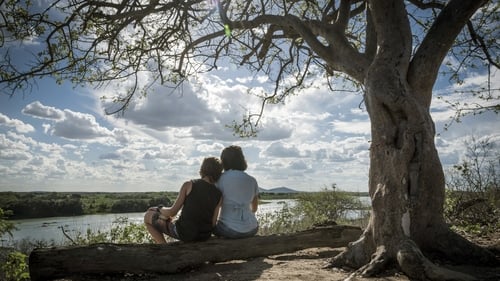
Writer
A documentarist is convinced by her son to travel to Brazil's Northeast so she can throw his dad ashes at São Francisco river.
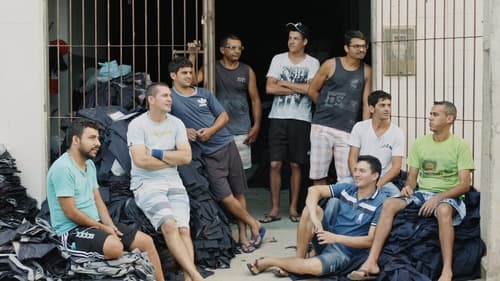
Writer
브라질 토리타마의 작은 마을은 냉혹한 자본주의의 축소판이다. 이곳에 위치한 허름한 공장에서는 매년 이천만 개 이상의 청바지를 생산한다. 지역민들은 쉬지 않고 열심히 근무하는 데 자부심을 느낀다. 이들이 일 년 중 유일하게 쉴 수 있는 기간은 카니발 축제가 열릴 때뿐이다. 자본의 축적이라는 굴레를 벗어던진 채, 아무런 후회 없이 소지품을 내다 팔고, 잠깐의 행복을 위해 해변으로 행한다. 사순절의 시작을 알리는 재의 수요일이 찾아와, 새로운 노동의 순환주기로 돌아가기 전까지 말이다. (2020년 제17회 서울환경영화제)

Director
브라질 토리타마의 작은 마을은 냉혹한 자본주의의 축소판이다. 이곳에 위치한 허름한 공장에서는 매년 이천만 개 이상의 청바지를 생산한다. 지역민들은 쉬지 않고 열심히 근무하는 데 자부심을 느낀다. 이들이 일 년 중 유일하게 쉴 수 있는 기간은 카니발 축제가 열릴 때뿐이다. 자본의 축적이라는 굴레를 벗어던진 채, 아무런 후회 없이 소지품을 내다 팔고, 잠깐의 행복을 위해 해변으로 행한다. 사순절의 시작을 알리는 재의 수요일이 찾아와, 새로운 노동의 순환주기로 돌아가기 전까지 말이다. (2020년 제17회 서울환경영화제)
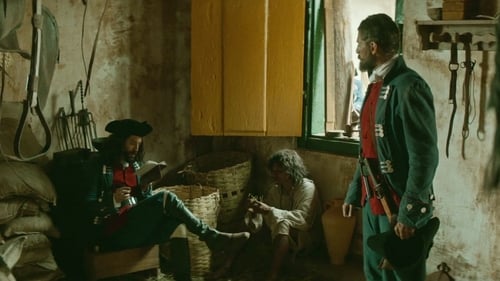
Writer
Brazil, 18th century. The colony of Portugal endures a decline in gold production. A Portuguese minority rules over a corrupt and autocratic society. Joaquim is an efficient soldier, famous for capturing gold smugglers. While waiting for his promotion to Lieutenant, he leaves for a risky mission in search of new gold mines - the only way to buy the freedom of Blackie, a slave he is in love with. Inspired by the true story of Tiradentes, the first leader of the Brazilian revolutionary movement.

Director
Brazil, 18th century. The colony of Portugal endures a decline in gold production. A Portuguese minority rules over a corrupt and autocratic society. Joaquim is an efficient soldier, famous for capturing gold smugglers. While waiting for his promotion to Lieutenant, he leaves for a risky mission in search of new gold mines - the only way to buy the freedom of Blackie, a slave he is in love with. Inspired by the true story of Tiradentes, the first leader of the Brazilian revolutionary movement.
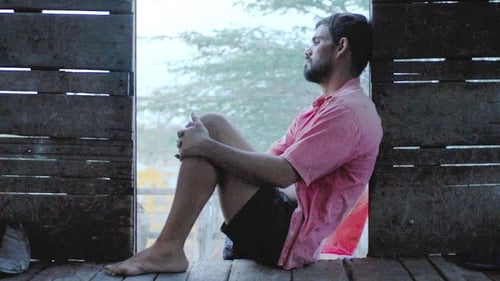
Writer
로데오에서 투우를 돌보며 사는 일마르에게, 무용수 갈레가와 그녀의 두 아들은 가족이나 다름없다. 브라질에서 섬유산업 붐이 일어나자 일마르 일행은 패션업계 진출을 도모한다. (2016년 제17회 전주국제영화제)
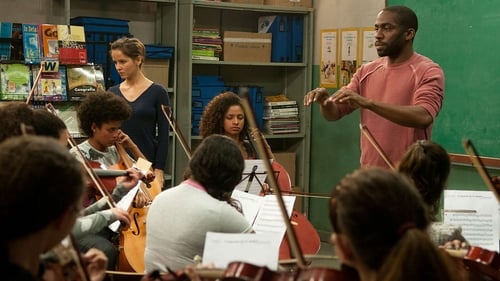
Screenplay
Laerte, a talented violinist who after failing to be admitted into the OSESP Orchestra is forced to give music classes to teenagers in a public school at Heliopolis. His path is full of difficulties, but the transforming power of music and the friendship arising between the teacher and the students open the door into a new world.

Writer
A man returns to his hometown and resumes a dangerous old affair...

Director
Juvenal is a metro driver from Belo Horizonte. Margô, a station controller. Both live in a state of complete solitude – each in a particular way. Juvenal refuses to be alone and strolls through the streets of this metropolis taking comfort by mingling with the anonimous crowd. Margo seeks relief in the virtual world of social networks where she struggles to establish long lasting relations with real persons.
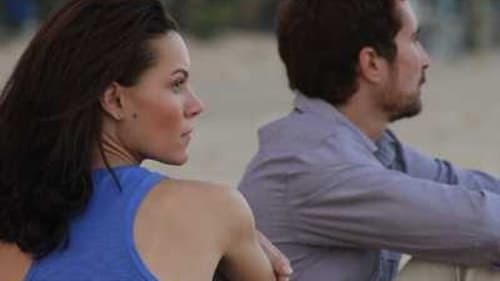
Screenplay
Veronica, a young woman, lives in Recife, one of the most violent cities in Brazil. Her life is filled with fleeting love affairs and passing romances. As her father feels his death approaching, he asks a favor: that she finds true love before he passes away.

Director
Veronica, a young woman, lives in Recife, one of the most violent cities in Brazil. Her life is filled with fleeting love affairs and passing romances. As her father feels his death approaching, he asks a favor: that she finds true love before he passes away.

Editor
Freely inspired by the work Catatau, by Paulo Leminski, the plot begins with the historical hypothesis imagined by the poet from Curitiba: “What if René Descartes had come to Brazil with Maurício de Nassau?” The film materializes this hypothesis and joins the father of modern philosophy in his journey through the tropics. Under the effect of hallucinatory herbs, he investigates questions revolving around geometry and optics in the face of an absolutely strange world. Known for his famous sentence “I think, therefore I am”, Descartes faces his doubt towards phenomena reason doesn’t explain. René, Renatus, Re born.

Writer
José Renato, a 35-year-old geologist, is sent out on a solitary expedition to the hinterlands of northeastern Brazil. The purpose of the trip is to assess possible routes for a canal that will connect the area with the only major river in the region. As the field trip progresses, it becomes clear that Renato shares with those places the same emptiness, sense of abandonment and isolation.

Director
José Renato, a 35-year-old geologist, is sent out on a solitary expedition to the hinterlands of northeastern Brazil. The purpose of the trip is to assess possible routes for a canal that will connect the area with the only major river in the region. As the field trip progresses, it becomes clear that Renato shares with those places the same emptiness, sense of abandonment and isolation.
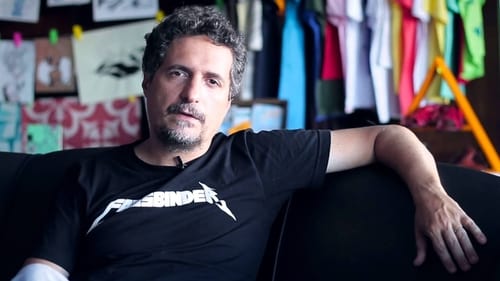
Self
Seventy critics and filmmakers discuss cinema around the conflict between the artist and the observer, the creator and the critic. Between 1998 and 2007, Kléber Mendonça Filho recorded testimonies about this relationship in Brazil, the United States and Europe, based on his experience as a critic.
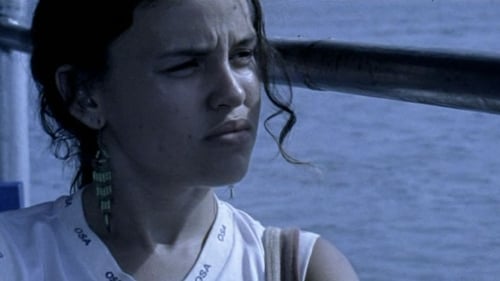
Writer
Jéssica is a teenager from Brazilian Northeast. After being abused by her stepfather, she runs away to Recife, where starts to work with sexual tourism. Then, she meets Mark, a German tourist, and falls in love with him.
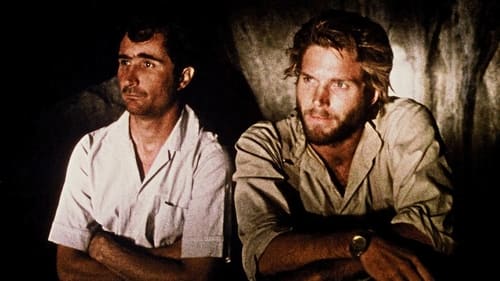
Writer
1942, in the middle of Northeastern Brazil, two very different men meet along the road: Johan, an aspirin salesman avoiding the German draft, and Ranulpho, a rural Brazilian seeking escape from the drought.

Director
1942, in the middle of Northeastern Brazil, two very different men meet along the road: Johan, an aspirin salesman avoiding the German draft, and Ranulpho, a rural Brazilian seeking escape from the drought.

Director
A trip, sort of a daydream in the Brazilian badlands. Remote places reveal traditions and customs of a landscape that is at once primitive and contemporary, regional and globalised.

Screenplay

Writer
A story inspired by the life of one of the most remarkable figures in Brazilian popular culture, João Francisco dos Santos (1900-1976). In turn, bandit, transvestite, street fighter, brothel cook, convict and father to seven adopted children, dos Santos – better known as Madame Satã – was also a notorious gay performer who pushed social boundaries in a volatile time.

Writer

Screenplay
Scenes of the childhood of a girl, living in a small Brazilian town.

Director
Scenes of the childhood of a girl, living in a small Brazilian town.

Director

Researcher
The cultural differences between the several generations of the rural maracatu: an afro-indigenous ritual which originated in the sugar mills of the state of Pernambuco.

Screenplay
The cultural differences between the several generations of the rural maracatu: an afro-indigenous ritual which originated in the sugar mills of the state of Pernambuco.

Director
The cultural differences between the several generations of the rural maracatu: an afro-indigenous ritual which originated in the sugar mills of the state of Pernambuco.

Writer

Director
























